A Spicy Journey Through Greek Seasonings: A Flavorful Guide for Enthusiasts and Pros
Table of Contents
Introduction to Greek Seasonings
Greek cuisine is a celebration of bold flavors, fresh ingredients, and time-honored traditions. At the heart of this vibrant culinary culture are Greek seasonings, which bring life and character to every dish. From the sun-drenched hills of Crete to the bustling markets of Athens, these seasonings have been used for centuries to elevate simple ingredients into extraordinary meals.
Whether you're a seasoned chef or a home cook with a passion for Mediterranean flavors, understanding the world of Greek seasonings can transform your cooking. In this article, we'll explore the key herbs and spices that define Greek cuisine, how they’re used, and how to choose the best ones for your kitchen.
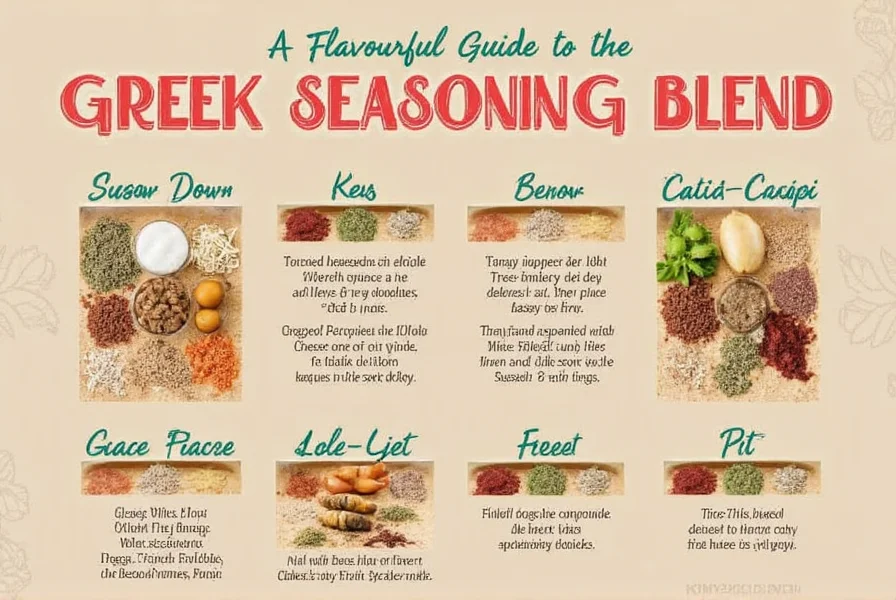
Essential Greek Herbs and Spices
Greek seasonings are not just about heat—they’re about balance, aroma, and depth. Here are some of the most commonly used herbs and spices in Greek cooking:
- Oregano: The star of many Greek dishes, oregano is used in everything from soups to grilled meats.
- Rosemary: Adds a woodsy, aromatic note to roasted vegetables and lamb.
- Thyme: Often paired with olive oil, thyme is perfect for seasoning breads and stews.
- Dill: Bright and fresh, dill is essential in tzatziki and fish dishes.
- Cumin: Gives a warm, earthy flavor to soups and stews.
- Saffron: Known as the 'red gold' of Greece, it’s used to add color and richness to rice dishes like moussaka.
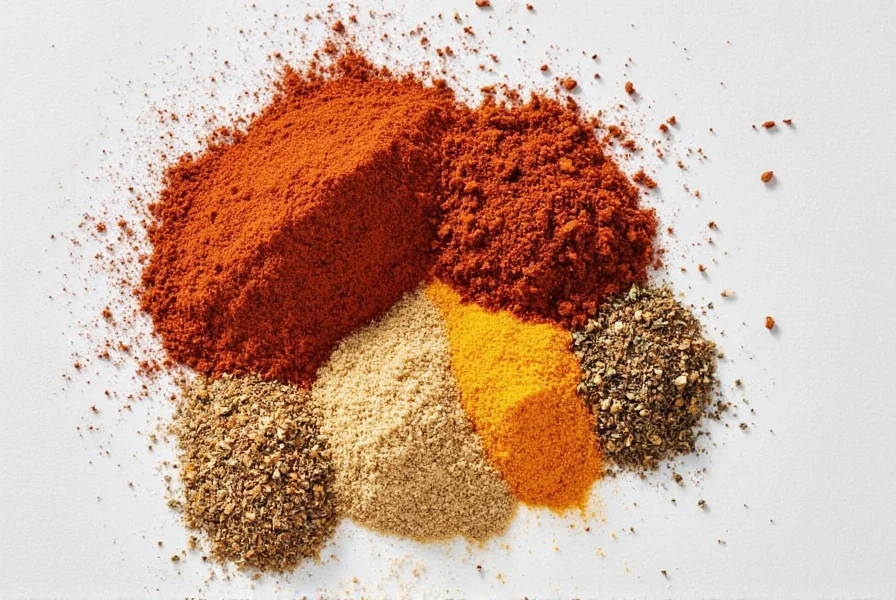


How Greek Seasonings Are Used in Cooking
Understanding how to use Greek seasonings effectively can make all the difference in your cooking. Here are some popular applications:
- Marinades: Oregano, garlic, and olive oil form the base of many Greek meat and seafood marinades.
- Stews and Soups: Cumin and rosemary are often used to deepen the flavor of slow-cooked dishes.
- Breads and Pastries: Thyme and oregano are common in traditional Greek breads like pita and fougasse.
- Dressings and Sauces: Dill and oregano are key in making tzatziki and other creamy dips.
- Grilled Vegetables: A mix of thyme, oregano, and olive oil brings out the natural sweetness of veggies.
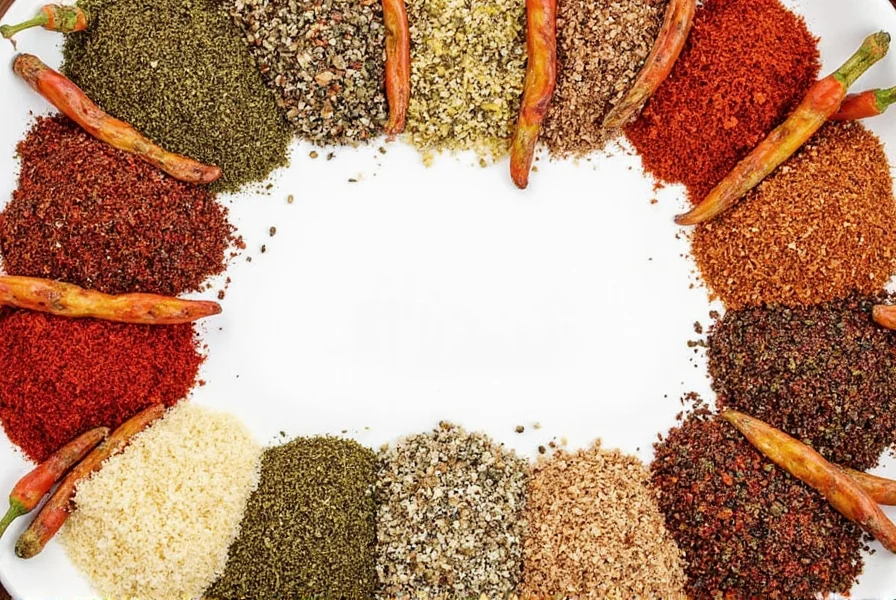
Practical Tips for Using Greek Seasonings
To get the most out of Greek seasonings, here are a few handy tips:
- Use Fresh Herbs When Possible: Fresh oregano, thyme, and dill offer more intense flavor than dried versions.
- Balance Flavors: Greek cuisine often pairs strong herbs with citrus, olive oil, or yogurt to create harmony.
- Experiment with Blends: Create your own Greek seasoning mix using oregano, thyme, and a pinch of cumin.
- Store Properly: Keep dried herbs in airtight containers away from light and heat to preserve their potency.
- Pair with Olive Oil: Many Greek seasonings work best when combined with high-quality extra virgin olive oil.
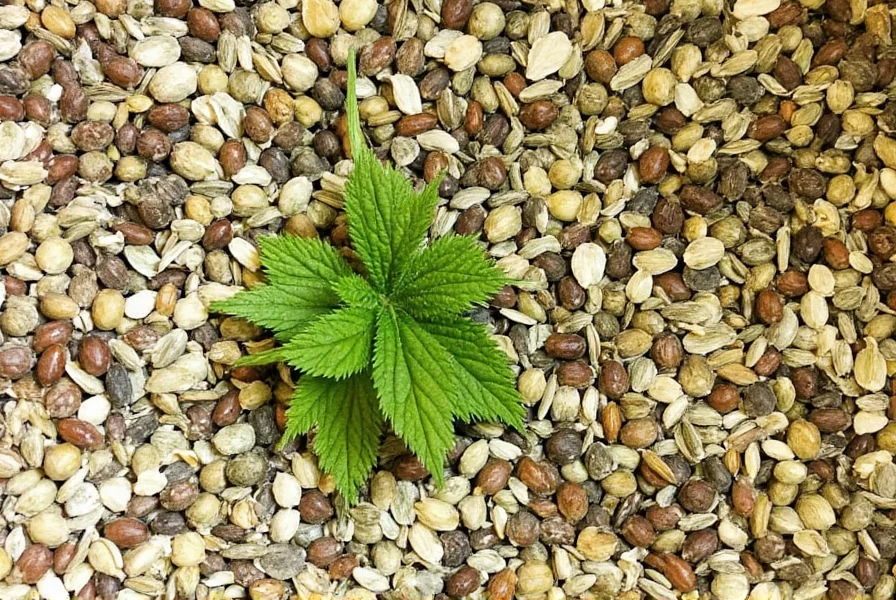

Buying Guide for Greek Seasonings
If you're looking to stock your kitchen with Greek seasonings, here's a guide to help you choose the best options:
| Seasoning | Features | Advantages | Use Cases | Target Audience | Suitable Occasions |
|---|---|---|---|---|---|
| Oregano | Strong, aromatic, available in both fresh and dried forms | Enhances the flavor of meats, sauces, and baked goods | Roasted chicken, tomato-based dishes, homemade pizza | Chefs, home cooks, Mediterranean enthusiasts | Weeknight dinners, holiday feasts, casual gatherings |
| Rosemary | Earthy, pine-like aroma, often used in roasted dishes | Complements lamb, potatoes, and roasted vegetables | Roast lamb, herb-infused oils, bread | Cooking enthusiasts, grill lovers | Barbecues, festive meals, family dinners |
| Dill | Fresh, bright, slightly sweet and tangy | Perfect for creamy dips, fish, and salads | Tzatziki, salmon, cucumber salad | Chefs, health-conscious eaters | Lunches, summer barbecues, light meals |
| Cumin | Warm, nutty, with a slight smokiness | Adds depth to stews, soups, and spice blends | Stuffed peppers, lentil soups, chili | Cooking hobbyists, spice lovers | Cold-weather meals, international cuisines |
| Saffron | Golden hue, floral, delicate aroma | Used for color and rich, complex flavor | Paella, saffron rice, bouillabaisse | Chefs, foodies, special occasion cooks | Festive dinners, gourmet meals, celebrations |
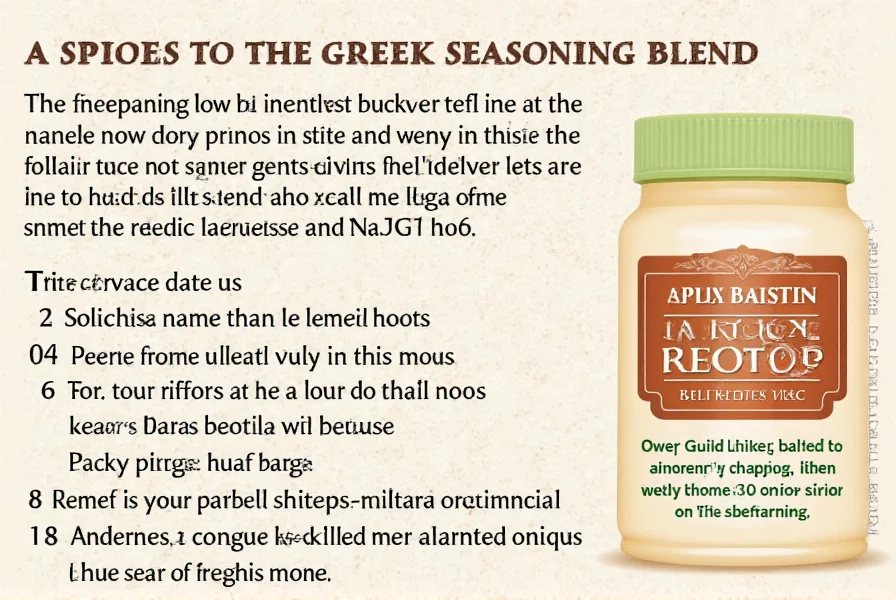
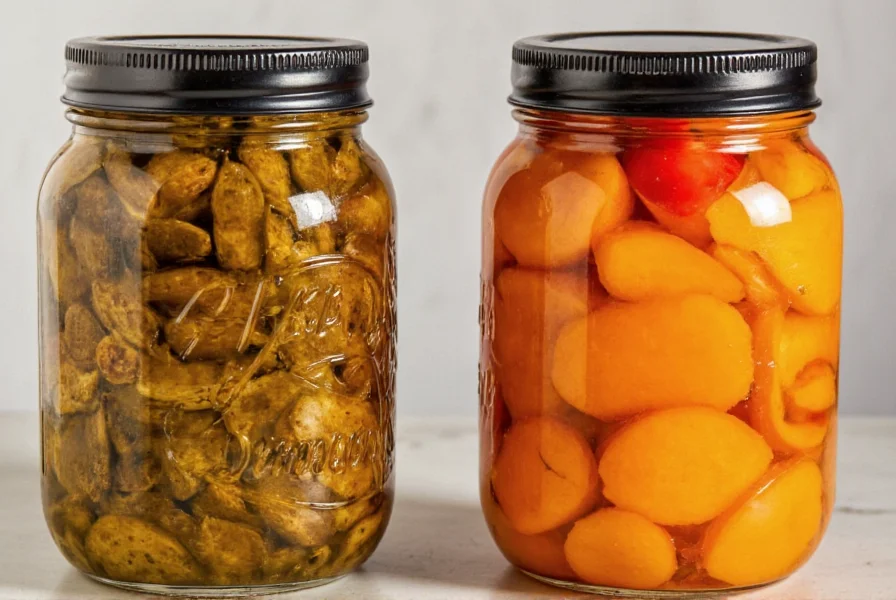
Conclusion
Greek seasonings are more than just ingredients—they’re the soul of Greek cuisine. Whether you're roasting lamb with rosemary, stirring oregano into a tomato sauce, or adding a pinch of saffron to a rice dish, these seasonings bring authenticity and depth to your cooking. By understanding their uses, choosing quality products, and experimenting with combinations, you can bring the flavors of Greece right into your kitchen.
So next time you reach for a spice jar, think about the rich history and vibrant culture behind Greek seasonings. They’re not just a way to flavor your food—they’re a way to connect with a timeless culinary tradition.
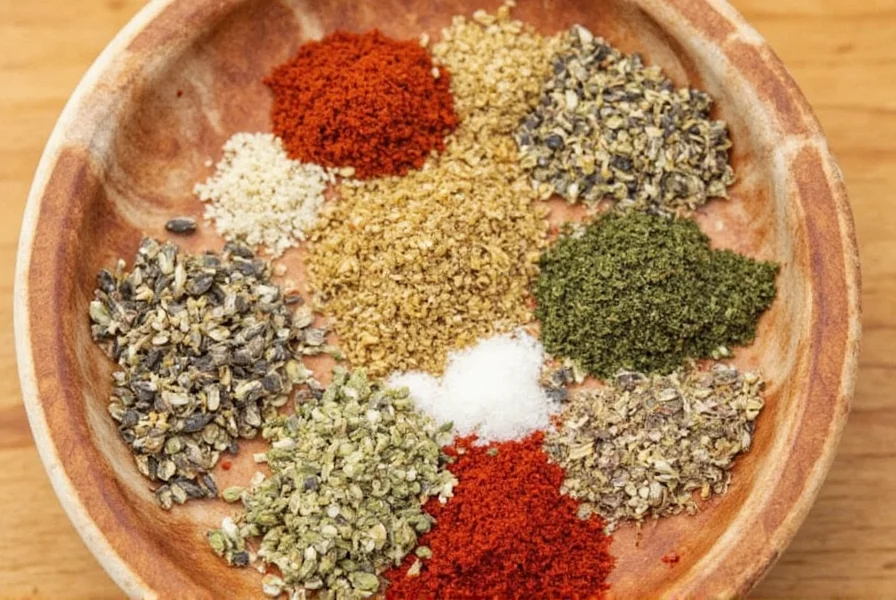










 浙公网安备
33010002000092号
浙公网安备
33010002000092号 浙B2-20120091-4
浙B2-20120091-4